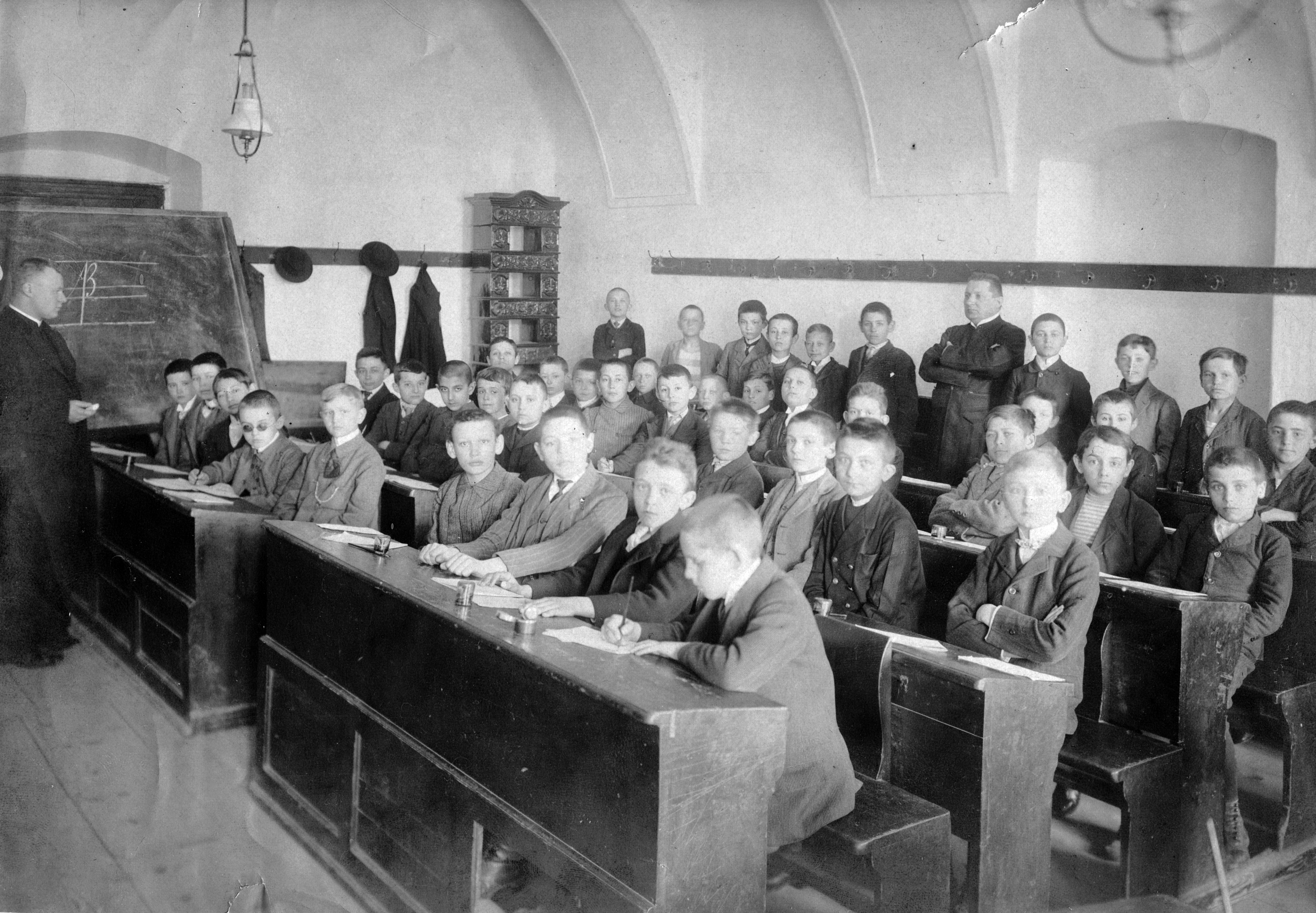A középiskolai tanárképzés intézményeit érintő változások a fővárosban az első világháborúban és az azt követő időszakban
DOI:
https://doi.org/10.15170/PAAA.2018.05.02.05Kulcsszavak:
oktatás- és neveléstörténet, professzionalizáció, pedagógusképzés, Eötvös József CollegiumAbsztrakt
In my paper, I examined the secondary teacher training system at the University of Budapest between 1914 and 1924. My research is a qualitative examination, in which during the synthesis of the hermeneutical document analysis of archival sources and content analysis of secondary literature I used the theory of professionalization to interpret the data gained from sources. Furthermore, I also acquired the Maurice Halbwachs and Pierre Nora created and implemented recollection, national tradition and places of memory (lieux de mémoire) notions to explore the “recollection layers” of Eötvös Collegium as a national historical site.
The main result of this paper is the summary of the relationship between the Ministry of Religion and Public Education and the institutions of secondary teacher training (Secondary Teacher Training Institution, Secondary Teacher Examination Committee and Baron Eötvös József Collegium). Till 1918, this relationship was based on cooperation within the framework of bureaucratic regulation tools of the state. The ministry regulated the affairs of secondary teacher training (content and organization of the teacher training system) with the active participation of the professional elite. Nevertheless, the financial conditions of the teacher training system were very limited in comparison with other professions. Furthermore, the institutional system of teacher training was overburdened by the combination of lack of financial support and the high inflation ratio, incapability of handling with the influx of admitted students after the war and reforms of the early 1920s.
Moreover, the relationship between the state and teacher training instructions became asymmetric after 1918 as a result of ideological transformation of professional training. Political changes also affected the staff of the professionals. The overrepresentation of state power did not fade away after 1919. Although the Ministry of Religion and Public Education relied on the suggestions of professional elite during the revision of Teacher Examination Codex and the formulation of new secondary teacher training law, the state wanted to have a direct influence over admission of students, ideological determination of professional training and even in symbolical issues.
The Baron Eötvös József Collegium was part of the secondary teacher training system as an institution, which was founded on the principle of ‘scholar teacher’. The Collegium was reckoned as an important secondary teacher training institute, which was expressed by the fact that direct regulations of different political systems affected the operation of the institute on regular basis. Some of these measures were symbolic, for instance the nomination of the supreme leader of the Collegium, but others intruded into the inner life of the boarding school and influenced the training system of the institute. As a historical memorial site, it refers not only to recollection of the scientific achievements of former members or teacher training conception of the area of the Austro-Hungarian Monarchy but it also has a reference to the Hungarian secondary teacher training system before 1949. This reference is an additional “recollection layer” which enables researchers to explore the challenges of the operation of the teacher training system. Tellingly, these challenges were often results of turbulent political changes.
Fotó: Fortepan / Cholnoky Tamás
Letöltések

##submission.downloads##
Megjelent
Hogyan kell idézni
Folyóirat szám
Rovat
License

This work is licensed under a Creative Commons Attribution-NonCommercial-NoDerivatives 4.0 International License.

